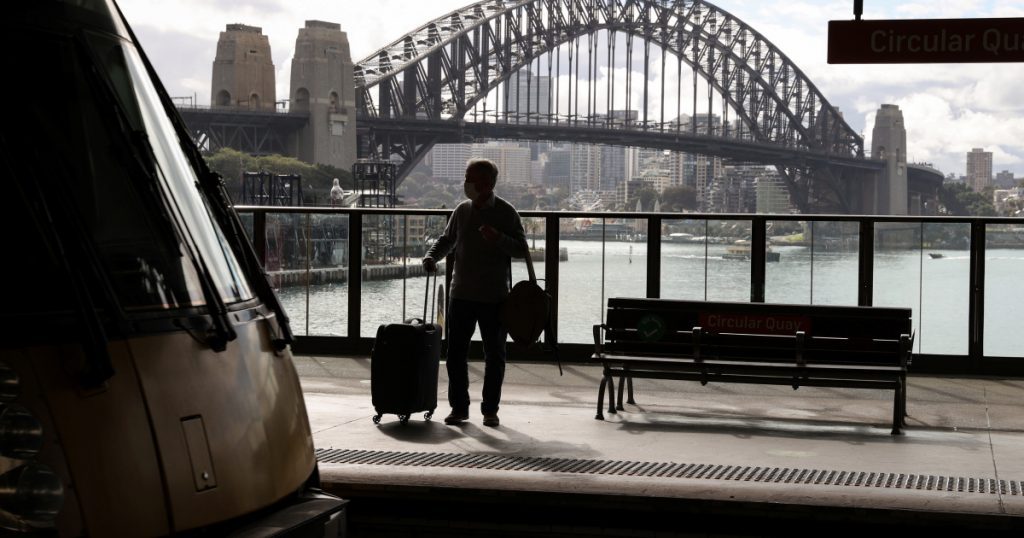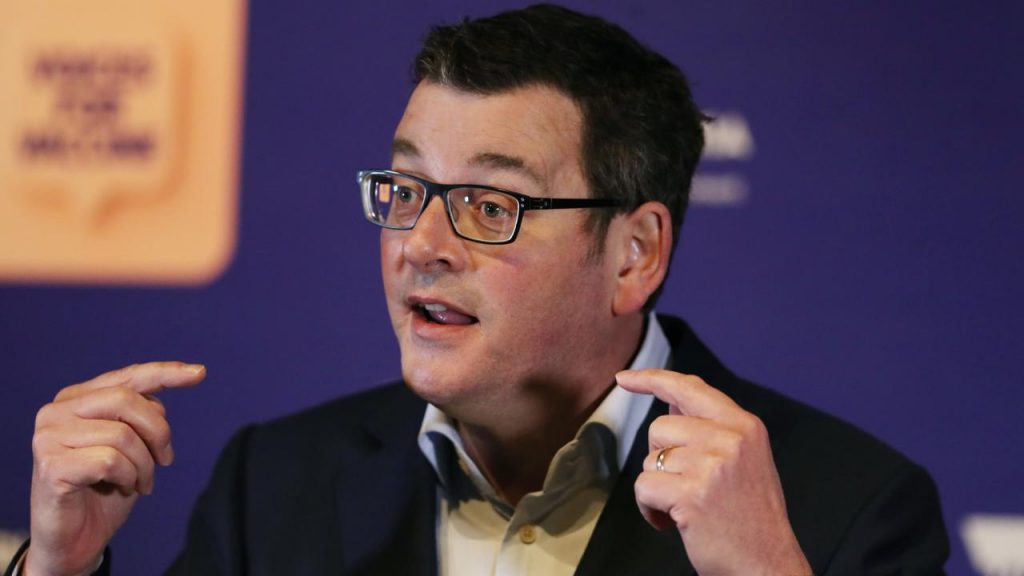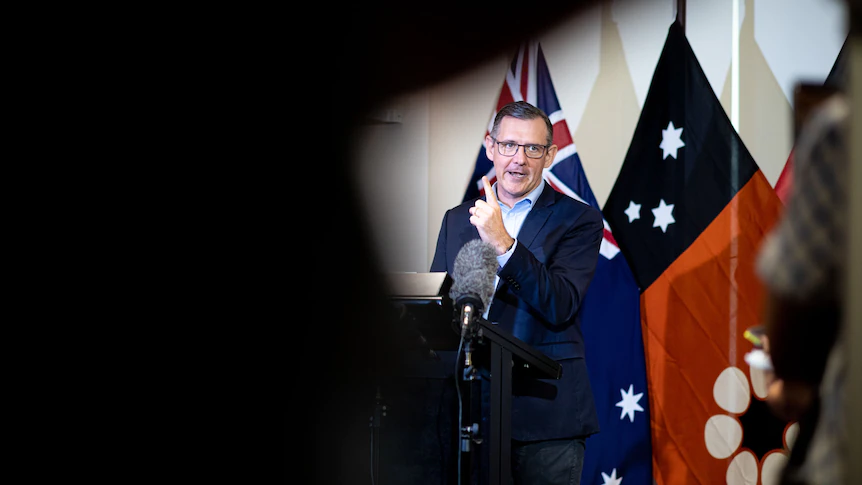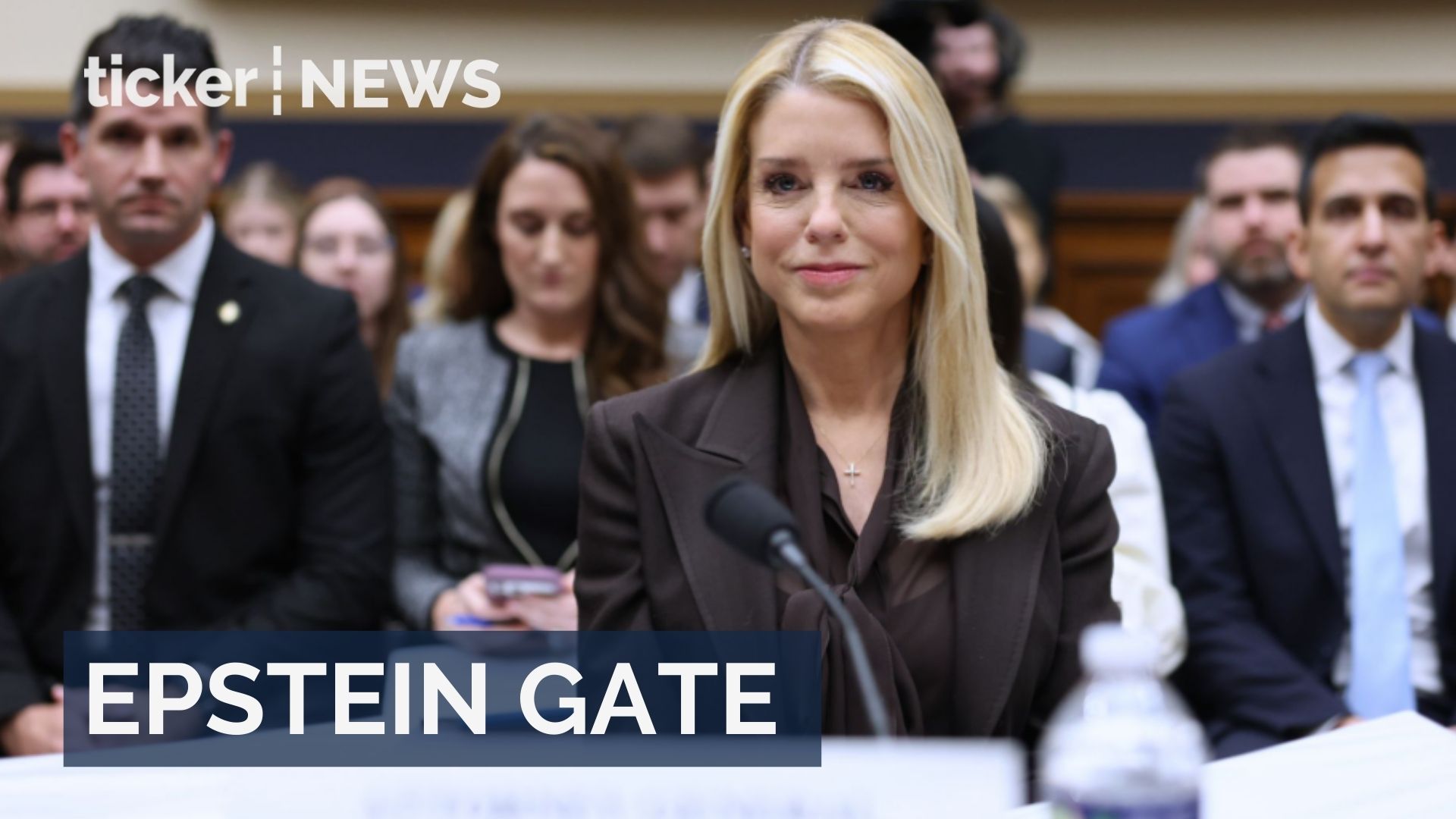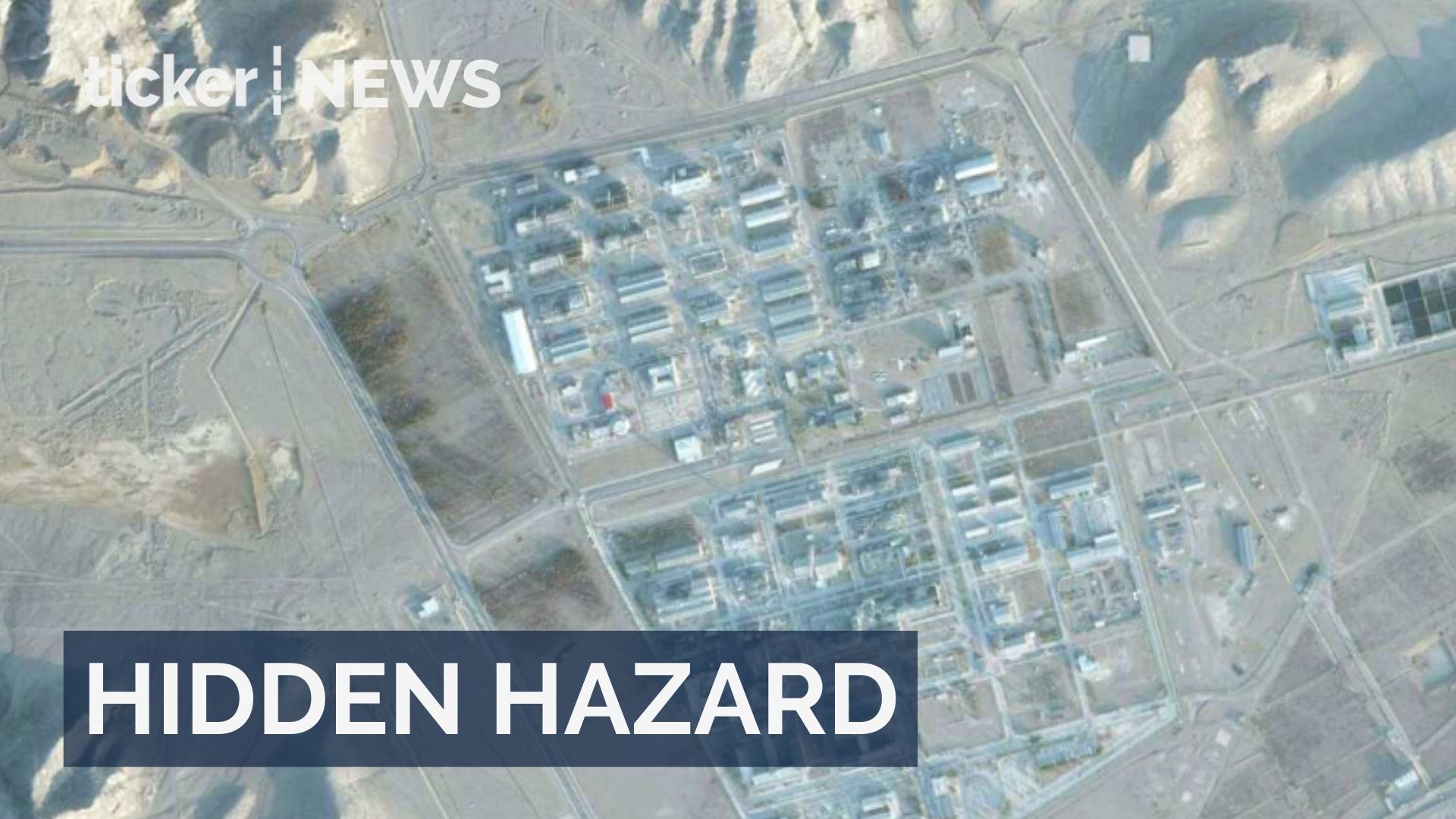News
Australia’s COVID crisis worsens

News
Epstein hearing explodes over redactions and hidden names
Lawmakers accuse AG Pam Bondi of hiding Epstein-linked names amid congressional hearing, questioning redactions related to billionaire Wexner.
News
Angus Taylor moves to challenge Sussan Ley for party leadership
Angus Taylor resigns from Coalition frontbench to challenge Sussan Ley amid Liberal Party divisions and declining poll support.
News
Iran buries nuclear site entrances amid rising tensions with the U.S.
-



 Ticker Views3 days ago
Ticker Views3 days agoIsraeli President Herzog visits Australia amid rising antisemitism
-



 Tech3 days ago
Tech3 days agoClaude AI is transforming software engineering and productivity
-



 News4 days ago
News4 days agoRussia missile strikes force Ukraine nuclear plants offline amid safety fears
-



 News3 days ago
News3 days agoJapan election delivers commanding win for ruling LDP
-



 Money3 days ago
Money3 days agoTech stocks slide as investors rotate into small-cap and value plays
-



 Ticker Views2 days ago
Ticker Views2 days agoU.S. ambassador responds to NATO criticism at Munich Security Conference
-

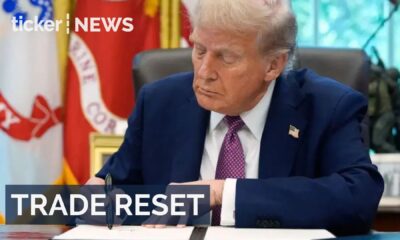

 News4 days ago
News4 days agoTrump lifts India tariffs after New Delhi halts Russian oil imports
-



 Ticker Views20 hours ago
Ticker Views20 hours agoLunar Gateway faces delays and funding debate amid Artemis ambitions



